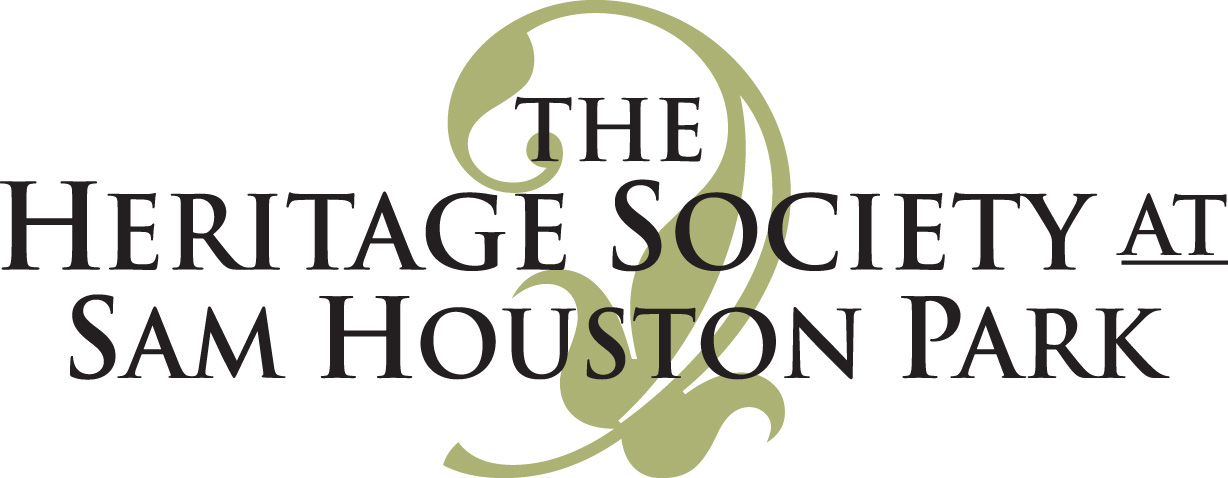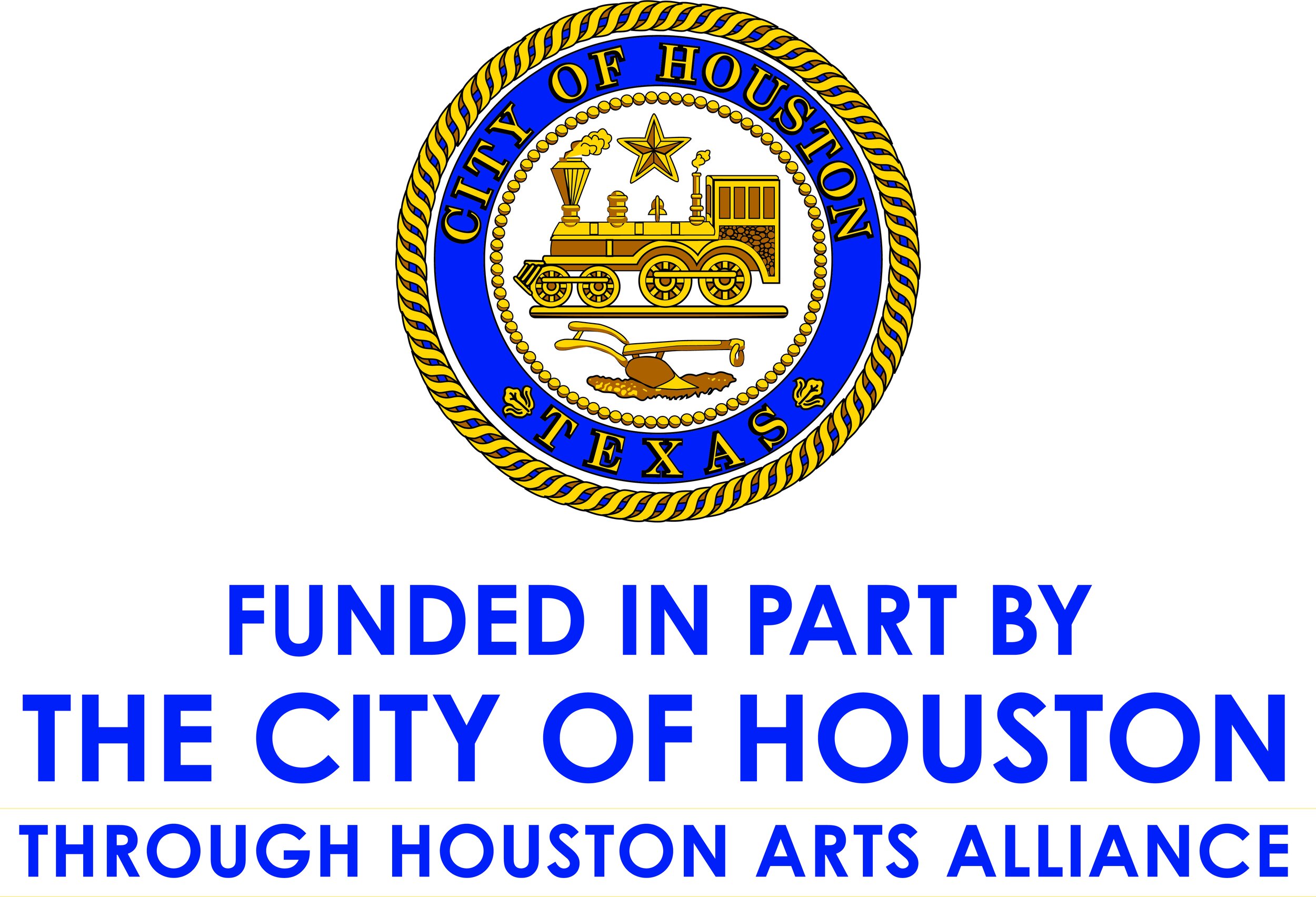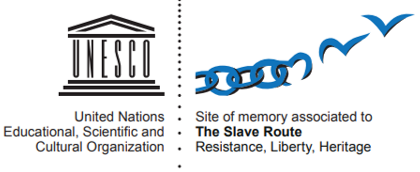A Woman’s Life In 19th Century Houston-Zerviah Noble
Zerviah Robinson, born in Connecticut in 1807, was educated at Bacon Academy, a highly regarded institution that admitted females-an unusual practice at that time. Since most women were expected to become wives and mothers, formal education was not considered essential for them. Zerviah's early education, however, would serve her well in the years ahead. Having married George W. Kelley at nineteen and given birth a year later to daughter Catherine, Zerviah settled into the life of a young matron. Several years later, the Kelley family made the long journey to Texas, seeking new opportunities in the bustling town of Houston. George Kelley operated a general merchandise store there until Zerviah suffered a great personal loss, as well as the family's livelihood, when her husband died in 1846. Despite the loss, she exhibited financial sensibility and an independent spirit, purchasing property in her own name—an impossible act for a married woman. Legally single as a widow, Zerviah could own and manage property, make contracts, and conduct her own business affairs. There was still a liability in being a female since the Texas Constitution classed all women along with "children, criminals, idiots and lunatics" in denying them the right to vote—a discrimination that would not be erased for almost one hundred years.
We assume that Zerviah and Catherine lived in the house she had purchased near Market Square, but she also engaged in another real estate transaction. A local family of her acquaintance had bought a block of property on which they built several houses. When they needed funds, they turned to Zerviah Kelley, who loaned them $500 with 10% annual interest. In turn, they mortgaged the entire block to Zerviah to secure the notes. When they were unable to retire this obligation, they surrendered the property to Zerviah (This block today is the site of the downtown Hyatt Regency Hotel.)
Just one month later, Zerviah Kelley married Abram Noble, a widower with five children under the age of ten. Two years later the Nobles acquired property on the edge of town that included thirteen acres and a spacious two-story brick home. Almost immediately after purchasing the property, Mrs. Noble and 17-year-old Catherine opened a school in their new home. Although boys under the age of twelve were admitted, the school was designed to educate girls who were instructed in drawing, embroidery, painting and music, in addition to English, arithmetic and other elementary subjects. No records have survived from this venture, but former students indicated that they received a substantial education from Mrs. Noble, who also tutored during the summer months.
Unfortunately, the marriage was not as successful as the scholastic undertaking and in 1865 it ended in divorce. Once again, Zerviah showed her business acumen. When Mr. Noble failed to pay the $2000 note on their home, Zerviah quietly began making payments using her separate funds and a trust left to Catherine. As a result, the property was deeded jointly to the two women and Zerviah remained there the rest of her life. Catherine was married with a daughter, whom she named for her mother, Eloise Zerviah. Eloise and Zerviah suffered a heartbreaking loss when Catherine died in childbirth, followed by the baby a few months later. Eloise went to live with her grandmother, who ensured that she received her diploma as a member of Houston High School's third graduating class, in preparation for a teaching career of her own.
In 1871, Mrs. Noble entered the new arena of public education, first in the schools established by the state of Texas and later in the Houston Public School system. The Fourth Ward Primary School was conducted on her property with Mrs. Noble as both principal and teacher. Although this dedicated educator retired from her teaching career in 1883, the home she occupied for more than forty years would remain a place of learning. After Zerviah Noble's death, the property was sold to the City of Houston for its first public park. Today the spacious homestead is a house museum operated by The Heritage Society in Sam Houston Park, where visitors can learn about 19th century Houston and the life of this exceptional woman.
For information on the 1847 Kellum-Noble House








